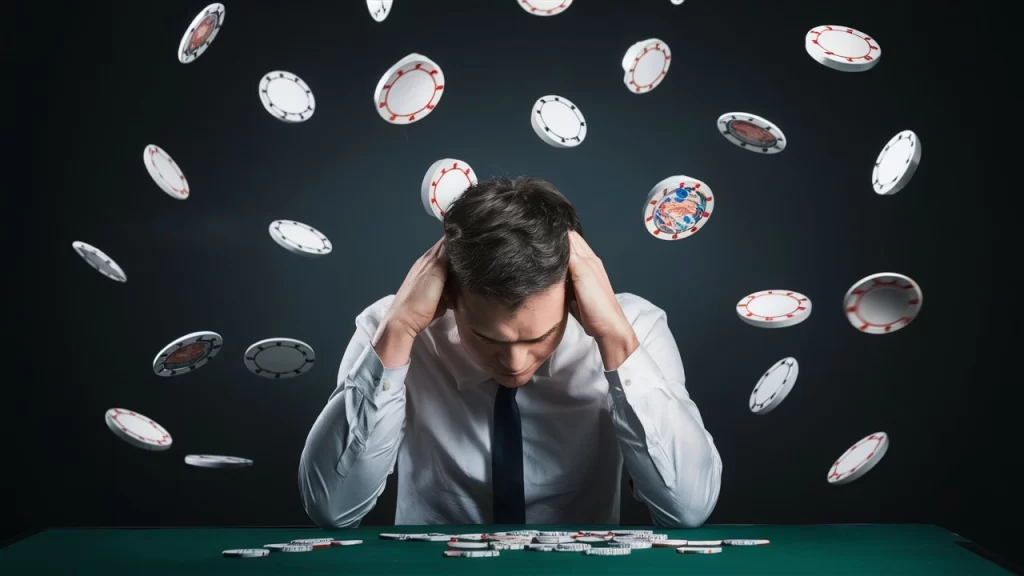Skill elements introduce further thrills and investment for the player in casino games. Professional gambling website development services can help organisations to balance luck and skill while creating engaging experiences for players.
Minimal wins stimulate the same brain patterns associated with a high-stakes gamble, sending dopamine surging through your pleasure centres and rewarding further play. It is a similar engagement mechanism as the cliffhangers that keep gamers glued to their screens in popular first-person shooters such as Call of Duty, Fortnite and Grand Theft Auto.
Game Mechanics
Casino game design is heavily dependent on emotionally laden mechanics: for example, using flashing lights or uplifting music to grab the players’ attention and increase their rate of play. They also double down on the inherently positive feeling of winning, by causing players’ psychosis of ecstasy to intensify – which, of course, encourages them to play!
Mechanical skill games, such as poker or blackjack, offer players some perspective through the small wins they achieve by making the ‘right’ decisions, making them feel like they can influence the outcome of the game.
The architecture of the physical casino also helps to compel the punter, clocks and windows were often, and sometimes still are, ripped out of a casino design so that a punter can lose track of time and end up in the casino longer than originally planned and spending more money than they anticipated. This is called the illusion of control.
Illusion of Control
Perhaps the largest carrot developers can dangle is to make players feel as though they have under their control more than what would ordinarily be possible. We keep playing a game of chance because developers incorporate elements of strategy into their games. A dice-based slot machine becomes an interactive experience because we have at least some ability to influence payouts. We won’t be slaves to its rules; we won’t get hooked until we have a little power of our own to dwell on.
But there are psychology-based principles in operation in casinos, too. Rooms lit in bright lights and pumped with upbeat sounds can help distract from the fast elapsing of time; energise a player; and create an illusion of more value gained for the money spent.
Gambler’s fallacy induces a belief that our previous decisions can have some form of causal influence on future results – that, say, because a roulette wheel has been landing on red several times in a row, it’s going to be more likely to land on black next time. It also induces a comforting illusion of control over the outcome. This illusion is a big part of what keeps the game going.
Timeless Environment
Although gaming can be an amusing past-time, many casino goers can get hooked on it, a reality predicated upon psychological tactics of the casino environment. Fact is: design takes place in casinos to prolong play time and encourage players to loosen their pursestrings, even if it means losing.
Bright lights and loud sounds entice people into an immersive, vividly stimulating environment that engages all the senses, immersing players into the experience and preventing them from conscious reflection. The stimulation they receive along the way keeps them preoccupied at every point so that they can forget their degree and type of losses; they can play while fatigued for a longer time and ignore the fact that it is the middle of the night or even almost Christmas, as are frequently the cases. Casinos are often windowless and/or lack clocks so that a patron can lose track of time.
Near-misses used in slots (another favoured skill element) simulate actual wins, encouraging players to continue gambling and feel they are ‘due’ one. Adding skill into casino games should also engage the audience for longer and keep them playing.
Disorientation
The drama of human agents full of quirks of mind and body is the great spectacle of the casino: it is no wonder it holds so much explicit and perverse fascination. Understanding the way casino games prey on psychological responses might reduce the incidence of problem gambling, as well as helping ordinary gamers play responsibly.
Their research found that players bet faster under both red lights and fast tempo music than under white lights or more mellow tones, which could leave them with less opportunity to keep track of time and money (and maybe stay longer at the casino than they’d intended).
Roger Thomas, a star in the casino world, preaches the virtues of this ‘playground design’ with stations to play right by casino entryways in an easy-to-use, low-ceiling plan for intimacy and less chance of ‘throwing’ gamblers. Colours are to be warm and stimulating to heighten good times and energy.












More Stories
The Intersection of Blockchain and Provably Fair Casino Games: A New Deal for Players
The Intersection of Cryptocurrency and Modern Casino Loyalty Programs
Behind the Scenes of Game Mathematics: RNG Certification, RTP Audits, and Volatility Testing